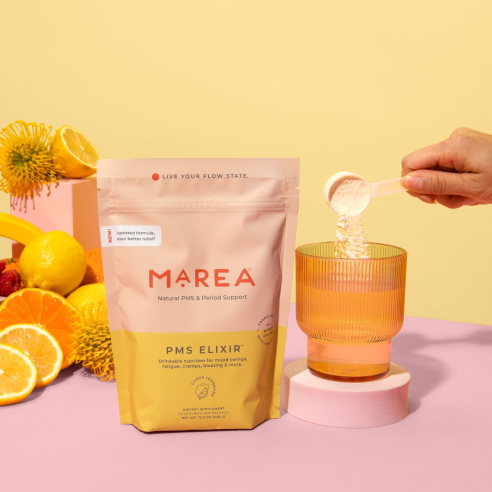Season 2 Episode 7
Women Are Not Small Men: Understanding Female-Specific Training and Protein Needs
In this enlightening episode of The Flow State Podcast, hosts Monica Grohne and Norah Candido welcome Dr. Stacy Sims, author of "ROAR," to discuss why women need different approaches to training and nutrition than men, particularly when it comes to protein intake and strength training.
The Science Behind Sex Differences
Dr. Sims explains that women's physiological differences from men start in utero and affect everything from muscle architecture to heart size and metabolism. These differences mean that traditional training protocols - typically designed for men - don't optimize women's health and performance.
Female-Specific Training Needs
Key insights about women's training requirements include:
- Women are less fatigueable than men and need less recovery between sets
- Higher rep ranges are often necessary for the same training effect
- Training should be adapted throughout the menstrual cycle
- Heavy resistance training is crucial for hormonal health
- Sprint interval training can be more effective than moderate-intensity workouts
The Truth About Protein for Women
The episode reveals critical information about women's protein needs:
- Most women are significantly under-eating protein
- Women need 1.6-2.0 grams of protein per kilogram of body weight
- Protein needs increase by about 12% during the luteal phase
- Post-exercise protein requirements are around 30 grams for optimal muscle synthesis
- Quality matters: whey isolate and pea protein isolate are superior options
Hormonal Phases and Training
Dr. Sims busts myths about cycle-synced training:
- The entire luteal phase isn't "off limits" for intense training
- Only the late luteal phase (3-5 days pre-period) requires modification
- Early luteal phase is excellent for building aerobic capacity
- Menstrual phase can be ideal for strength gains when hormones are lowest
Special Considerations for Perimenopause and Beyond
The discussion includes vital information for women in perimenopause and menopause:
- Increased protein needs (30-40g per meal)
- Greater emphasis on heavy resistance training
- Need for more frequent sprint interval training
- Focus on polarized training approaches
- Importance of gut health for maintaining body composition
Whether you're an athlete or simply someone who wants to optimize their health, understanding female-specific training and nutrition needs is crucial. This episode provides actionable insights for women at all life stages to train and eat in alignment with their physiology.











